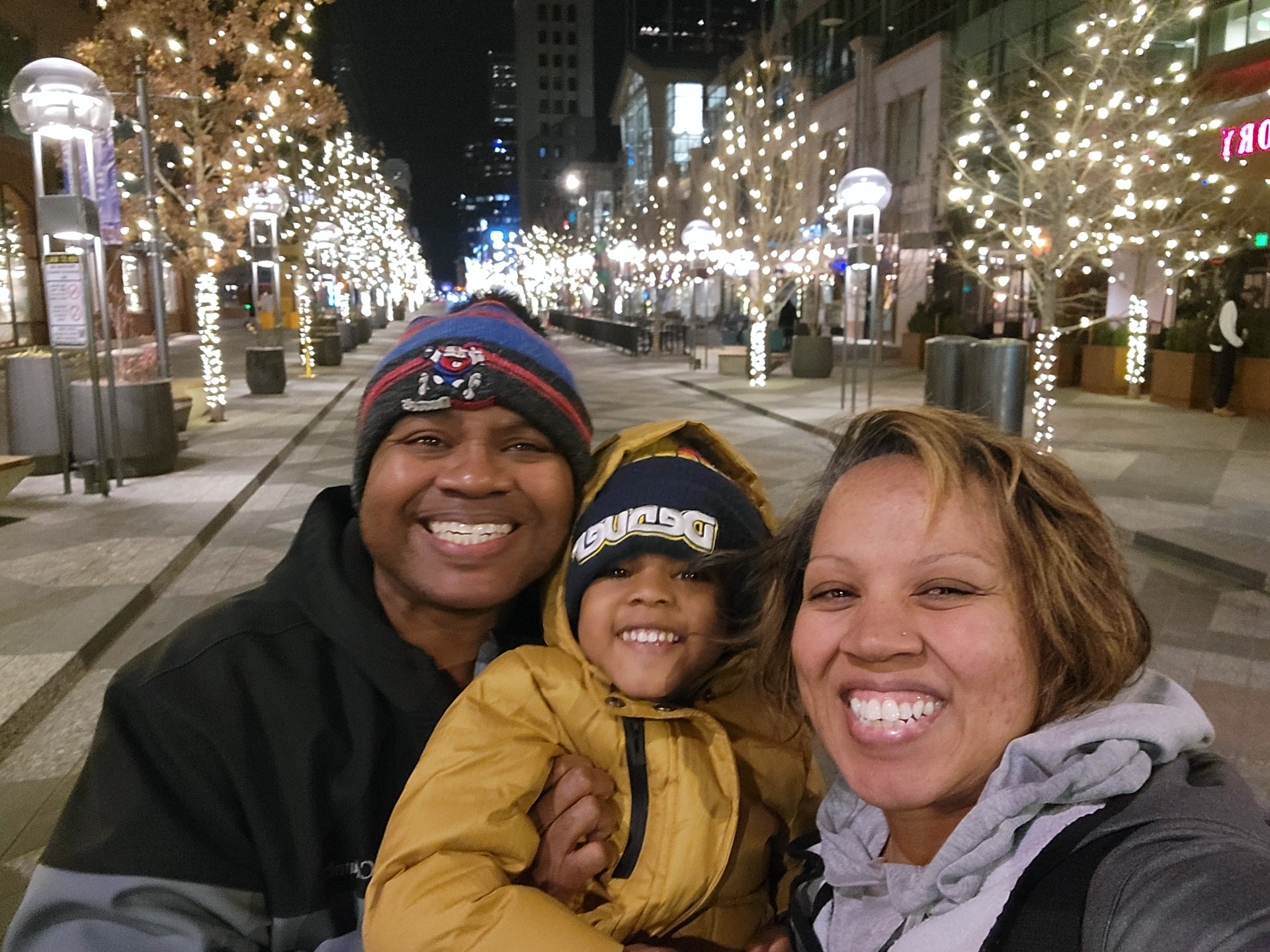It happens every December 25: There’s the inevitable buildup (starting now in SEPTEMBER), the anticipation, the climax – and then, the letdown. I wish I were talking about something else – like a vacation, my birthday, (I’m not talking about sex) or even the sugar cookies I always burn. Because you’d think I should know better. (About the cookies – parchment paper.)
But at the end of Christmas Day, every ounce of adrenaline that surged through my veins the past three months has completely dried up – replaced by dirty dishes, shredded wrapping paper, and an empty feeling in the pit of my soul. Once again, I realize that nothing about Christmas has exceeded, or even met, my expectations. Disappointment sets in, so I reach for another burnt cookie.
After decades of finishing this joyful season with anything but, I’ve uncovered the cause of my yuletide breakdowns: sappy Christmas movies. Their formulaic plots that go something like this:
Classic Opening
Upbeat Christmas music precedes a (New York) city skyline. The main character is, without exception, attractive, overworked and scarf-clad. He or she has somehow forgotten what Christmas is all about.
Serene Setting
Our protagonist inadvertently collides with a rural setting, complete with small-town charms and fake snow. There is some herculean task that must be accomplished here. Meanwhile, he or she encounters locals who have chosen the tranquil, meaningful life over big city buzz.
Conflict/Plot Thickens
Protagonist gets reluctantly paired with a charming counterpart, who also wears a scarf. There is simultaneously relationship chemistry and animosity. This counterpart is ALWAYS involved in helping children in the community. Despite their differences, the pair manage to get hot cocoa, fall in love, and complete the impossible task (sometimes involving the children above) in 10-12 minutes.
Conclusion
Despite this unwelcome interruption, true love prevails. All of the deep, previously unmet Christmas dreams are realized, as the token children look directly into the camera and exclaim, “Best Christmas ever!”
This is Christmas – merrily ever after – with a few incontinence commercials thrown in.
Upon watching about a hundred of these movies, one thing has become clear: I crave their predictably happy endings. All hopes are realized, all dreams are fulfilled. Shouldn’t it always be that way?
After all, wasn’t this how it happened that first night? Beautiful angels dazzled the skies, with marveling shepherds and sheep. There was a star, extravagant gifts from the East, and a stable, snug and warm with animals gently looking on. They breathe on the new One to keep Him warm on this Silent Night. Joseph huddles around Mary as she holds a glowing child, possibly with a halo. “All is calm, all is bright.” Unsurpassable beauty is the backdrop to tranquility, warmth, and deep, personal fulfillment.
Christmas – merrily ever after – even from the start. At least that’s how I’ve always pictured it.
But as I revisit the Nativity this December, I’m experiencing some cognitive dissonance. Here, I see pain, confusion and a million loose ends:
I see terrified shepherds in the fields. (Think powerful, mighty messengers of God instead of winged ballerinas with tights.) There are ancient astrologers, tracking a star to royalty. When they finally reach Him, they must dodge the current king in power who seeks to kill his competition.
I find a weary, expectant mother who’s risked everything to birth her baby. She lays him in a feeding trough, that is not sleep certified for safety. It’s unwritten here, but I suspect (and any mom who’s delivered can confirm) that this night was NOT silent. No halo on record.
It turns out a King did come that day. But it wasn’t the arrival anyone expected.
Maybe it’s just years of staring at elegant nativity sets and beautifully illustrated books. Or maybe it’s just something inside of me wants my expectations met. I want beautiful predictability, not this story. This story makes me uneasy. I’ll take the wrapped with a neat little bow movie version instead.
Why am I so surprised? I’m a card-carrying member of a “my” society, where I’ve made just about every holiday about “me.” Somewhere, among all of those Christmases past, I’ve managed to turn a celebration of the “dawn of redeeming grace” into, well, my own birthday, because Christmas morning I still wake up wondering, “Where are my presents, my celebratory decorations, my delicious desserts?”
And even if my (poor) husband manages to nail it, and gets me exactly what my heart desires, I’m good for about an hour. As it turns out, almost everything about “my” is temporary. It is, at best, a bottomless pit that I unsuccessfully try to fill. And I can’t. No matter how I try, I fall short.
I’m learning that “expectations” are not the problem. It’s when I add the “my” in front. But what if I inserted “great” here, instead? As in “His greatness,” realizing that this definition defies almost anything my 21st century, me-paradigm can imagine.
Great exchanged the glories of heaven to become the dust of earth. Great emptied himself, so we could be filled. Great chose death on a cross to give us life. Great failed to meet human expectations, but instead redeemed humanity.
Embracing this “great” means shedding all of my preconceived notions about what great really is. It trusts them instead to the Great One, because in all of his greatness, he exceeded earthly expectations, and chose to come near.
This is Christmas – confounded, astoundingly, joyfully ever after.

Nichole Woo writes at the confluence of belonging and a life that nudges her to the edges (walkthenarrows.com). She’s a member of the Redbud Writers Guild, an editor at the Mudroom, and lives in the shadow of the Rocky Mountains where she’s often playing and writing at their edges.





